The 10 health benefits of bananas – plus who should avoid them
We reveal the banana super-powers you might not know about – and why this yellow fruit isn’t great for everyone.
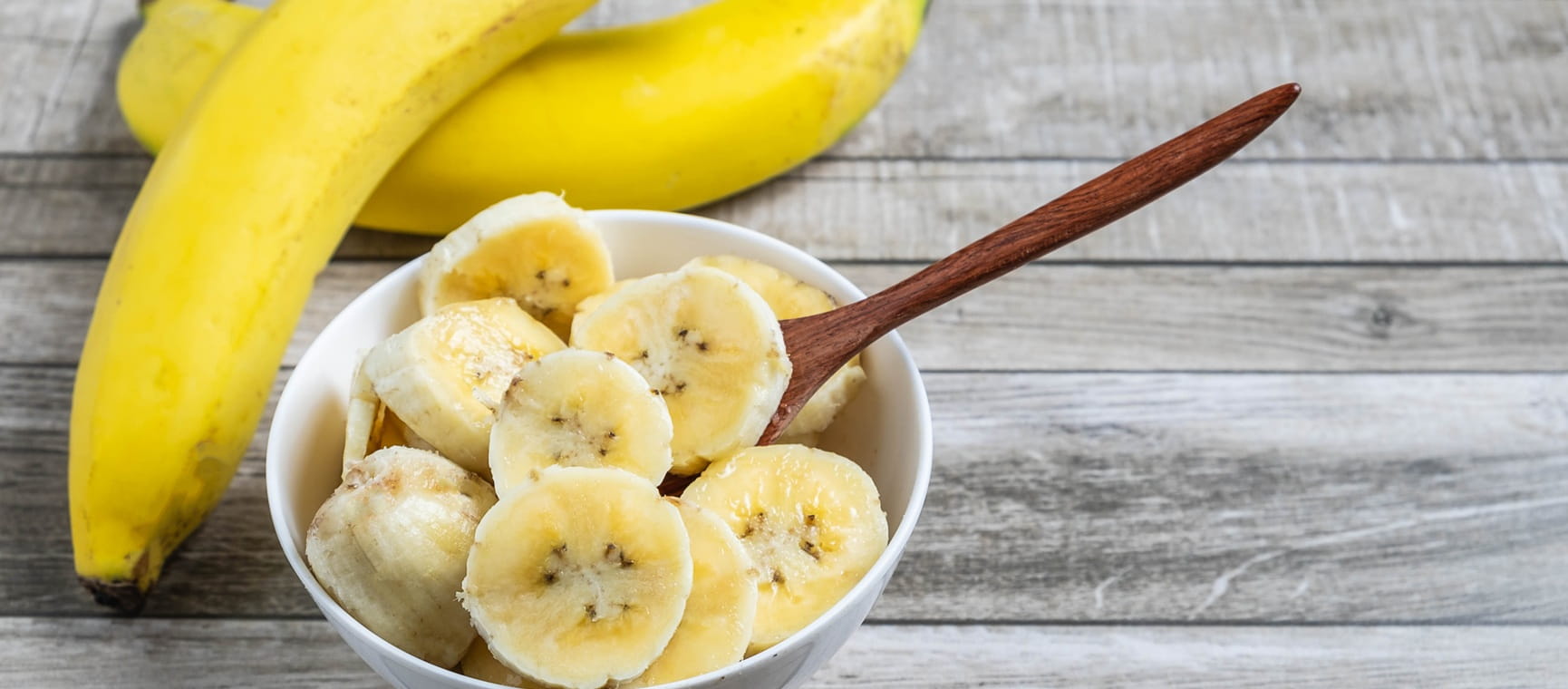
We reveal the banana super-powers you might not know about – and why this yellow fruit isn’t great for everyone.

The humble banana has had a tough time in the last couple of decades, with carbohydrate-rich foods having been demonised by the Atkins Diet and other Keto trends.
But it’s time to revive the banana and welcome it back into our fruit bowls, says TV doctor and Royal College of GPs Lifestyle and Physical Activity Lead Dr Hussain Al-Zubaidi.
“No whole natural food should ever be written off,” he explains. “Bananas are a carbohydrate-rich fruit, and ripeness changes the form of those carbs – more starch when green, more free sugar when ripe.
“But they also deliver fibre, B vitamins and antioxidants, and a medium banana is a modest 100 kcal and supplies 400-450mg of potassium. So, for most people, they are a nutritious, whole-food carbohydrate rather than an ‘empty sugar’ snack.”
Here are 10 ways that bananas can help to combat common health complaints.
Frances Ralph is a gut health and IBS specialist dietitian based at City Dietitians. She believes that green (unripe) bananas are great news for our guts and brains.
“Bananas contain magnesium (important for nerve transmission and relaxation) and prebiotic fibre, which nourishes beneficial gut bacteria,” she says. “Interestingly, the prebiotic fibres are higher in greener bananas, as this reduces as they ripen.
“Since gut health plays a role in mood and memory, this may be one way that bananas support brain function via the gut-brain axis. Antioxidants in bananas can also help reduce oxidative stress, which is thought to contribute to age-related cognitive decline.”
We all struggle with mental and physical lethargy from time to time, but did you know that the nutrient blend in a banana can provide a much-needed boost?
“Bananas are rich in vitamin B6 – a key nutrient for producing serotonin and dopamine, which are the brain chemicals that help regulate mood and motivation,” says Ralph. “They also provide steady-release carbohydrates and antioxidants that support brain energy and reduce inflammation.
“While eating a banana won’t replace mental health treatments, including one as part of a balanced breakfast or mid-afternoon snack could give you a natural lift.”
Many of us are blighted by water retention in the lower body, hands and around our middle as we age, when the body’s ability to manage fluid and circulation declines. But Ralph explains how bananas can come to the rescue here, by giving us a little flush of the system.
“Potassium helps balance sodium levels in the body, promoting mild diuresis (increased urination) in those with healthy renal function,” she says. “This can be especially helpful for women experiencing water retention during or after hormonal transitions or following salty meals.
“Pairing bananas with a lower-sodium diet – by avoiding processed, salty foods – may amplify this benefit and also help lower blood pressure.”

Although age-related muscle mass decline affects everyone, bananas – alongside protein-packed foods and resistance exercise – can help us to rebuild that longed-for strength.
“With their potassium, magnesium and easily digestible carbs, bananas help prevent cramps, support nerve-muscle communication, and replenish glycogen after workouts,” Ralph says.
“For menopausal women, a banana with a source of protein (like Greek yogurt or nut butter) makes a great post-workout snack to aid muscle recovery. Still, the most powerful tools for maintaining muscle are resistance exercise and adequate protein intake.”
The combination of sucrose, fructose and glucose with a heady dose of fibre in bananas supplies an instant, yet long-lasting, burst of energy when we exercise. Particularly if you grab one mid-walk or workout, explains Dr Al-Zubaidi (who’s also a triathlete).
“In endurance studies, bananas eaten during exercise produced similar performance and post-exercise metabolic and recovery benefits to a high-carbohydrate sports drink, while also supplying fibre, potassium and antioxidants that drinks don’t," he says.
“For short-to-moderate endurance sessions, a banana is a low-cost carbohydrate and hydrating electrolyte option.”
As we now know, one of the banana’s key powerhouse ingredients is potassium, which helps to regulate heart function and manage blood pressure.
Dr Al-Zubaidi says: “A banana or two a day can potentially improve heart health, via their potassium, fibre and antioxidant content.
“Higher dietary potassium is consistently associated with lower blood pressure in trials and meta-analyses, and small, regular increases in potassium are a plausible, diet-based way to reduce BP and thus cardiovascular risk.”
If you don’t fancy munching on a whole one, these healthy recipes can spruce up your banana intake.
Potassium takes centre stage again, as it plays a key role in healthy kidney function.
“By helping to lower blood pressure and supporting a healthy diet, potassium-rich bananas could reduce some long-term pressures on kidney health,” explains Dr Al-Zubaidi.
“Eating them alone won’t ‘improve’ kidneys, but as part of a dietary pattern with less sodium and more fruit and vegetables, the risks of hypertension and kidney disease are lowered.”
Considering their size, bananas are relatively low in calories. Nevertheless, their high soluble-fibre content helps us to feel full, while the sugar content gives us that satisfying sweet hit.
“They can help with weight loss, depending on ripeness and the rest of the meal,” Dr Al-Zubaidi explains. “Unripe bananas (with resistant starch) and the fibre in any banana contributes to satiety more than an equivalent amount of sugar alone. Although not a standalone solution, they’re helpful as part of a high-fibre, protein-containing diet for weight control.”
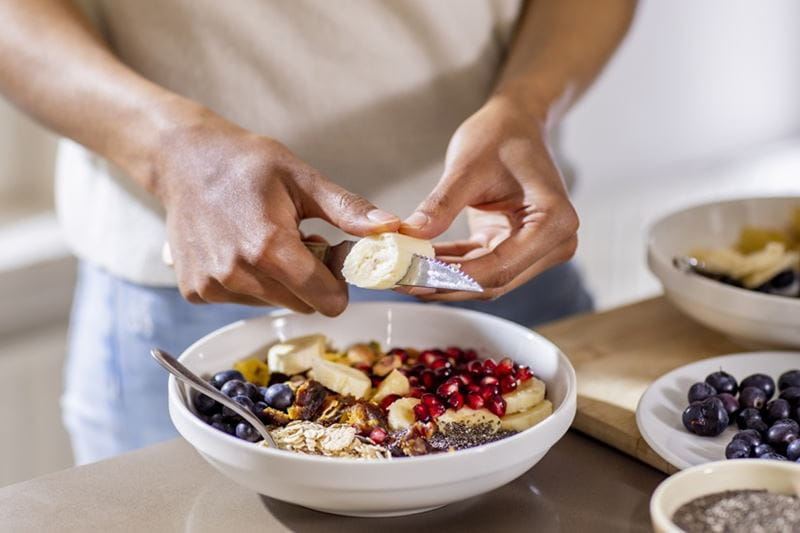
Contrary to the “no carbs before bed” theory we’ve become so familiar with, research shows that bananas contain some key sleep-easy nutrients. While potassium helps to relax muscles and prevent cramps, magnesium promotes the production of melatonin – the sleep and de-stress hormone. Tryptophan (an amino acid) in bananas also aids relaxation and may help us to stay asleep for longer.
Dr Al-Zubaidi says: “Some small trials on bananas (and bananas and milk) at bedtime have suggested sleep improvements. Although not a proven sleep therapy, I’d say they’re a possible bedtime snack that may help some people.”
Whether you prefer a firm banana or a mushy yellow one, our new favourite fruit has something for everyone, says Dr Al-Zubaidi: “An under-ripe (green) banana behaves metabolically more like a prebiotic fibre source, while a fully ripe banana is a quick, gentle carbohydrate," he says.
“That means the same food can be tuned to different goals: green for gut health and blunted glycaemic effect; yellow for fast fuel and muscle-cramp prevention.”
Despite their great health benefits, not everyone should be tucking into a banana.
Those with reduced kidney function (chronic kidney disease) or hyperkalaemia (high potassium in the blood) should be cautious, says Dr Al-Zubaidi.
“The kidneys regulate blood potassium, but when that function is impaired, high-potassium foods – including bananas – can raise serum potassium to dangerous levels," he says. "Guidance from renal bodies recommends individualised limits and blood-level monitoring, registering any changes with a renal dietitian or nephrologist.”
As a guide, Kidney Care UK says that those who have been advised to eat less potassium-rich food should limit bananas to once or twice a week.
It's potassium again which causes issues if you eat bananas with certain medications.
Former ITV This Morning doctor Chris Steele said: "Try not to eat bananas or oranges if you take ACE inhibitors such as captopril, enalapril and fosinopril among others. ACE inhibitors lower blood pressure and treat heart failure by opening up blood vessels, so blood flows more efficiently.
"Bananas (as well as oranges and certain salt substitutes) are high in potassium. Mixed with these drugs, these foods can cause high potassium levels. Too much can cause irregular heartbeats and palpitations."
Some people are allergic to bananas – normally when they are affected by other foods as well. Banana allergy is part of pollen food syndrome or latex food syndrome, which mainly affect the mouth and throat.
According to Anaphylaxis UK, most of the allergen is in the skin or pips, so peeling the banana and removing the black seeds in the middle may reduce the symptoms or prevent them altogether.
Hero Image credit: GettyImages
Emma Lazenby is entering her third decade in journalism, after starting her reporting career on the Yorkshire Evening Post as a teenager.
She’s loved every minute, with contributions to the Sun, Daily Telegraph and women’s magazines, between stints as a Lifestyle Editor for the Press Association and TV Producer for GMTV and Steph’s Packed Lunch.
Emma has covered mental and physical health, charity campaigns, fashion and beauty, travel, food and parenting with celebrity and inspirational real-life interviews featuring heavily.
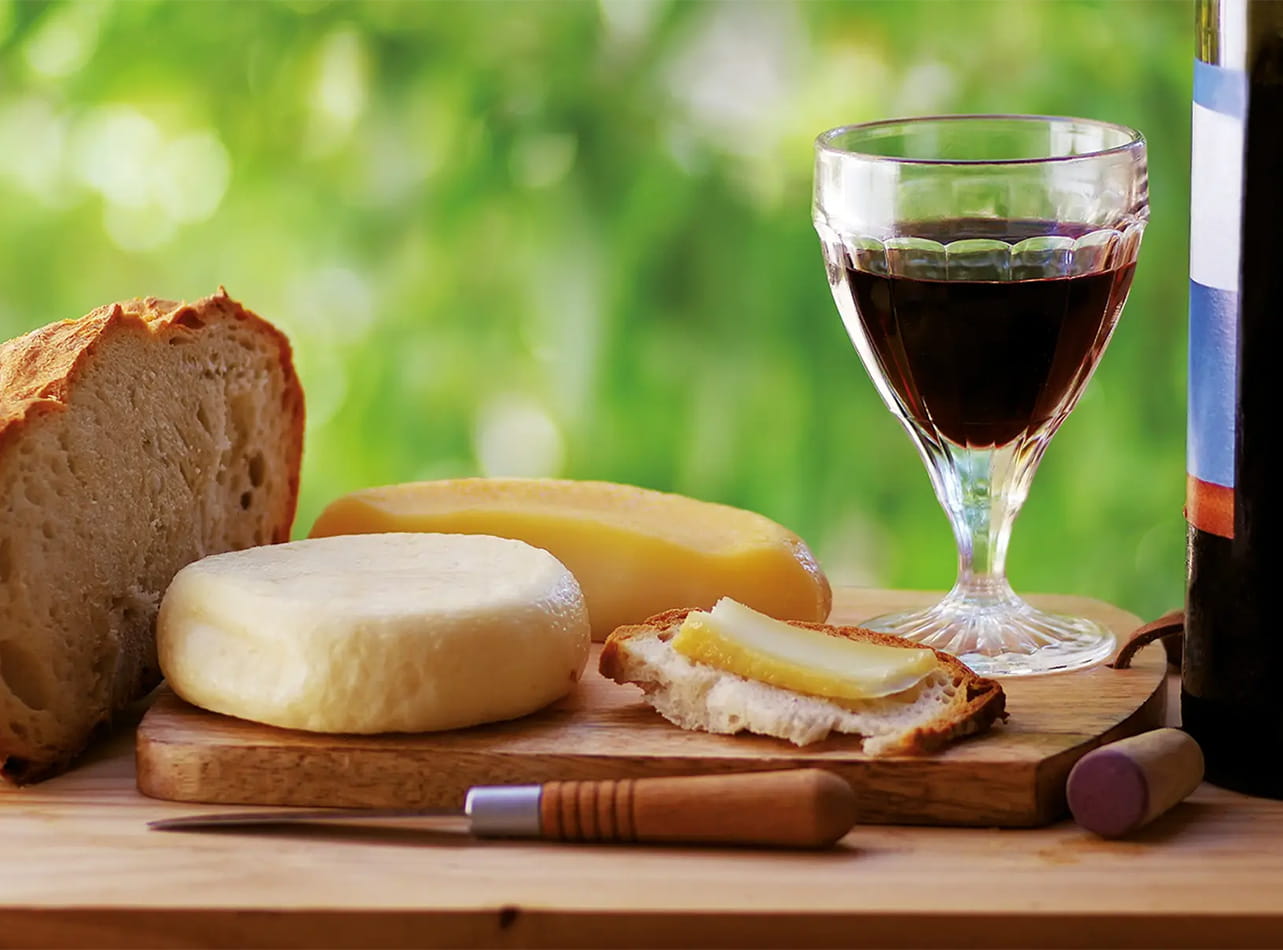
Find out about Saga's gastronomy holidays here...
They say the way to the heart is through the stomach, and Saga’s thoughtfully crafted food and wine holidays are perfect if you like trying new flavours and exploring traditional methods of cooking.

Get 3 months free, plus a £125 Totally Rewards Wellness Gift Card when you start a new policy by the end of 19 February 2026. T&Cs apply.
Underwritten by Bupa Insurance Limited.

Expert nutritionists break down the most important foods to eat in each decade as we get older.

We reveal the 7 best tinned foods to supercharge your health while saving you time and money.

From ketchup to mayo – how healthy are your sauces? We find out the pitfalls and surprising benefits of our favourite condiments.

Could honey be the sweetest way to supercharge your health this year? Our experts explain the benefits and which to buy.
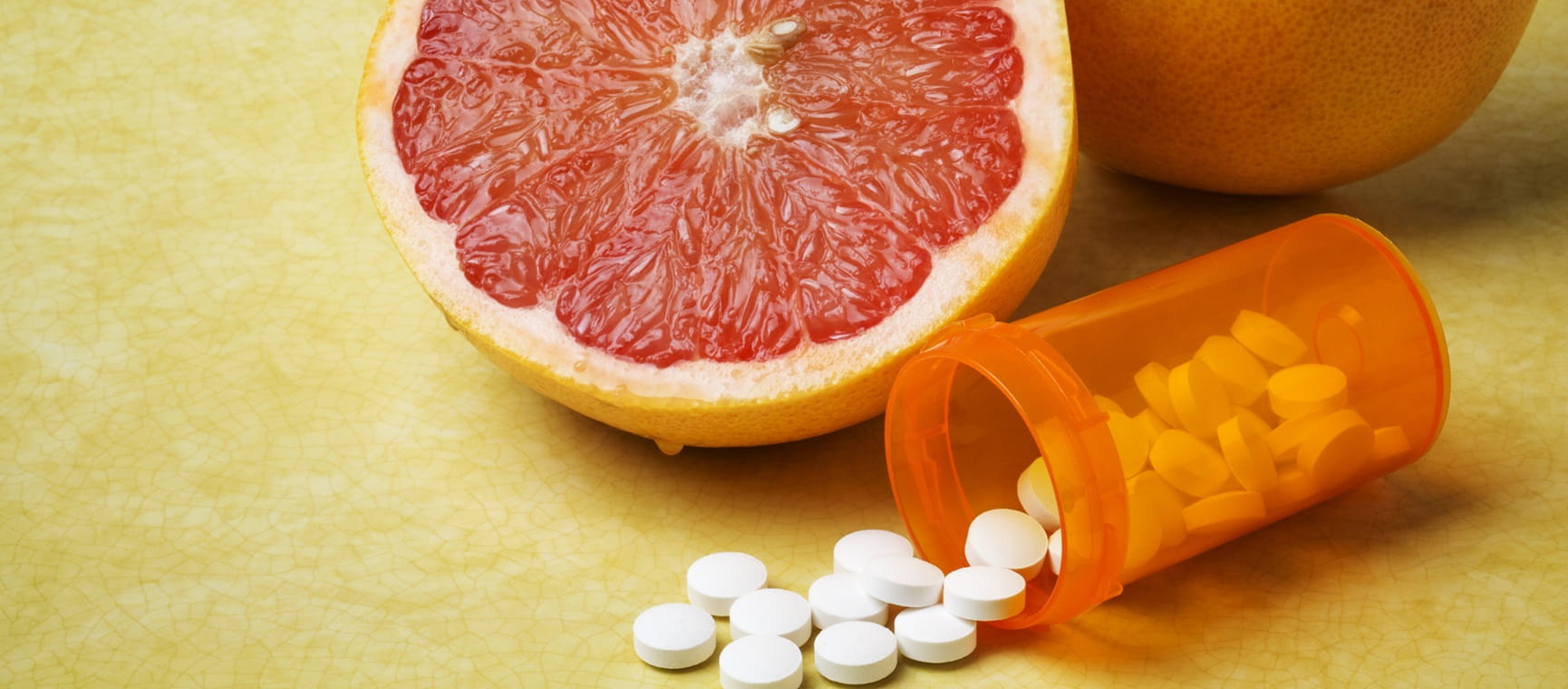
Our expert guide to the common foods you shouldn't mix with prescription drugs.

Experts reveal whether chilled supermarket soups are worth the extra cost and if some flavours are better for you than others.
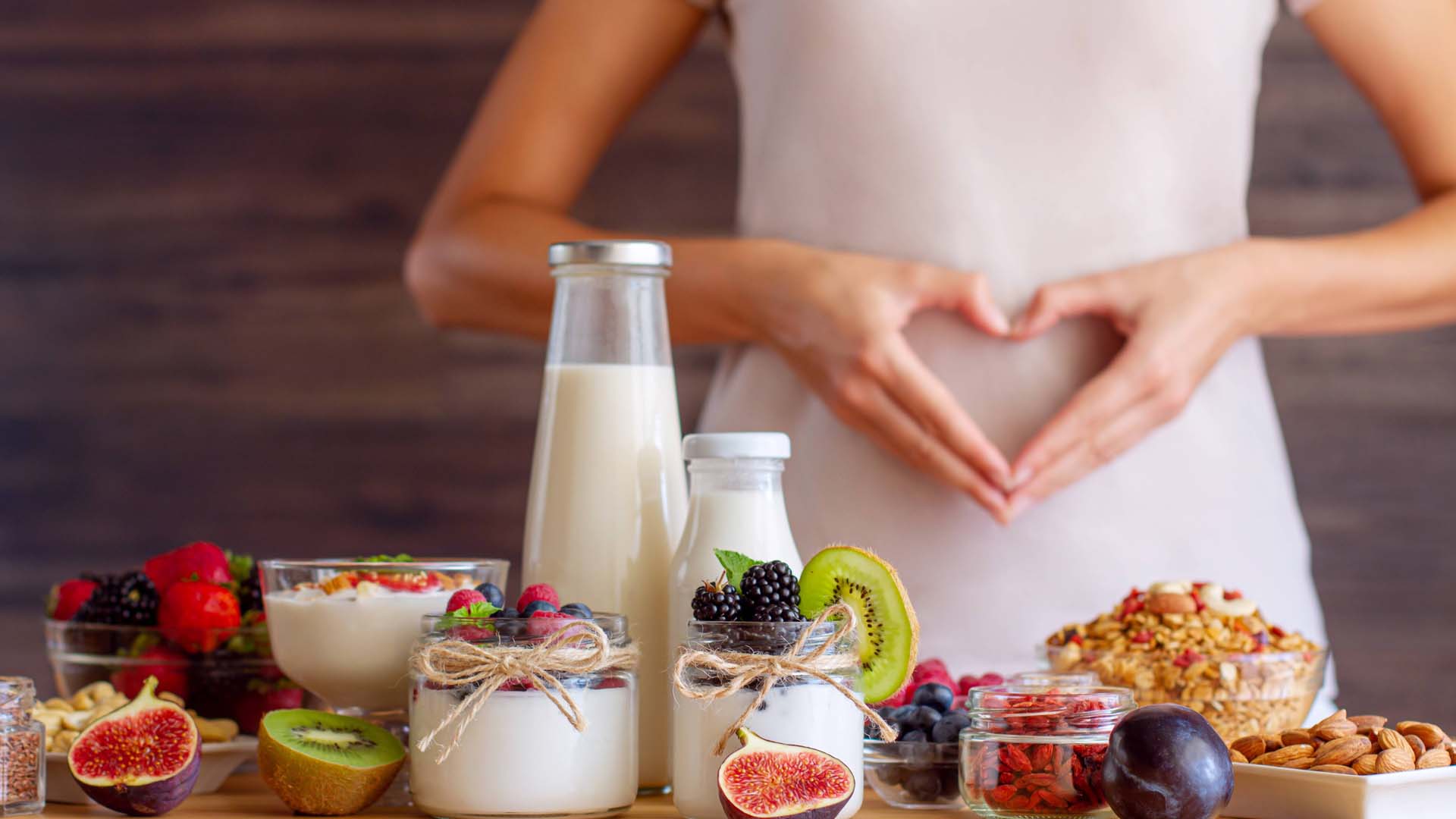
Looking after your gut health could be one of the biggest things that you can do for your overall health. Here are the best foods to keep your gut happy.
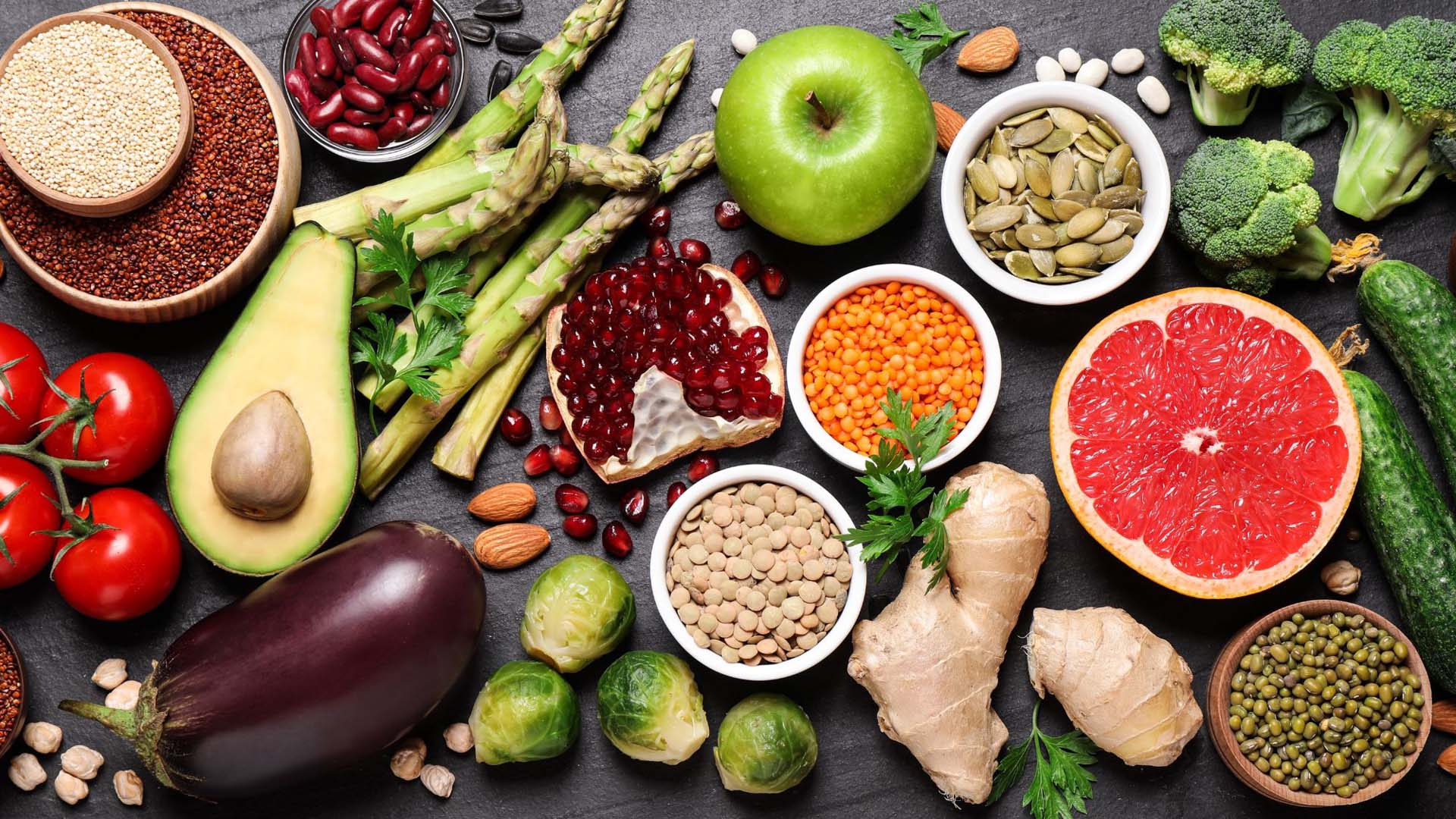
The foods that could help you live longer and protect against chronic illness.

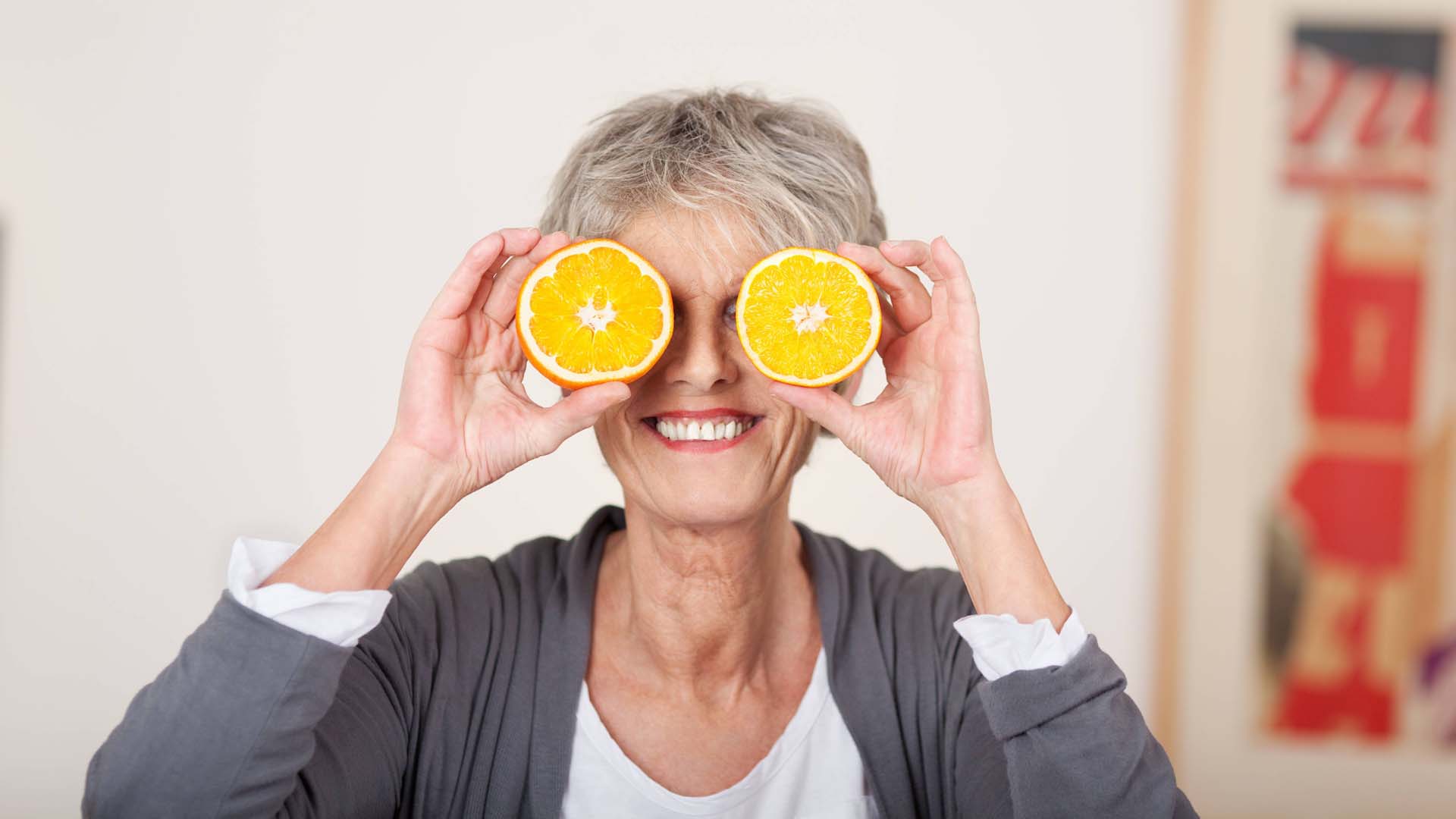
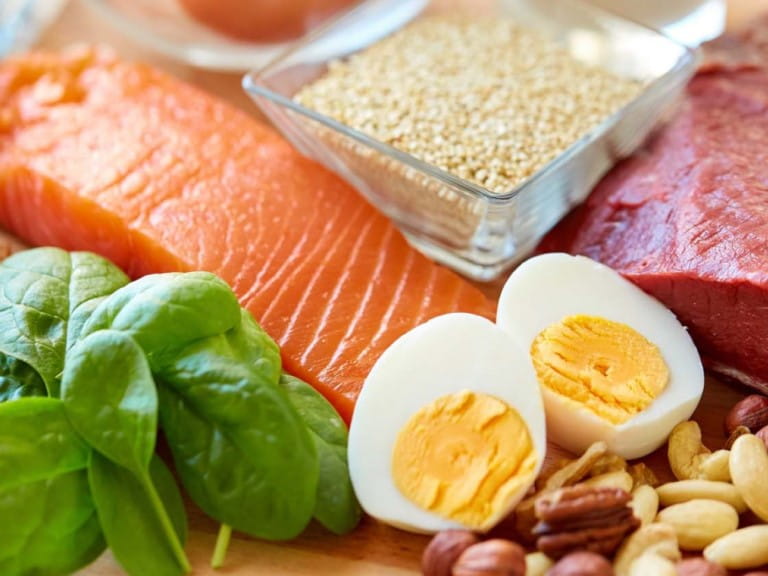
Everything you need to know about protein, from how it benefits your body to the best high-protein foods – and how much you really need.